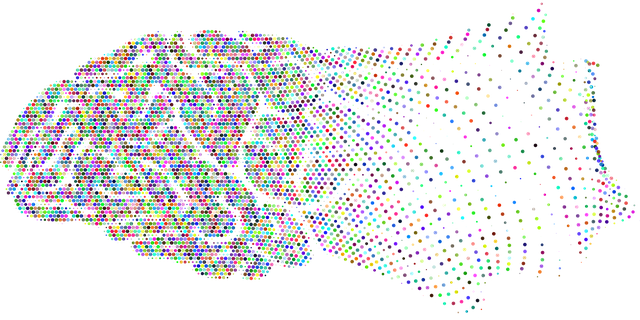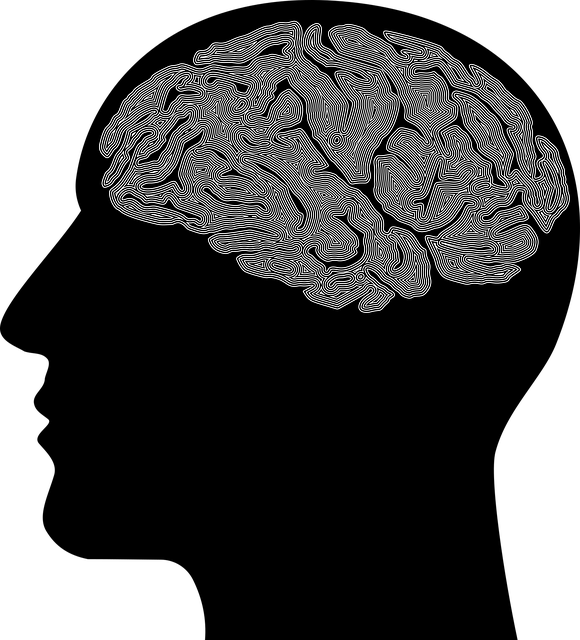Northglenn Dissociative Disorder Therapy focuses on restoring individuals' connection to reality and self through memory integration and identity coherence for dissociative disorders like Dissociative Identity Disorder (DID). Mental wellness coaching programs, accessible in Northglenn, promote self-care routines and conflict resolution techniques for managing DID symptoms. A tailored community wellness program integrating peer support groups and burnout prevention strategies is vital for Northglenn's diverse population, including those dealing with dissociation. Practical strategies like grounding techniques and cognitive reframing enhance therapeutic outcomes, while regular evaluation ensures clients are actively recovering and empowered in their mental wellness journey.
Mental wellness coaching programs are gaining prominence in addressing complex issues like dissociative disorders. This comprehensive guide explores the development of such programs, specifically focusing on the unique needs of the Northglenn community. We delve into the role of coaching in managing dissociative symptoms, offering a targeted approach tailored to local requirements. By combining practical strategies and regular evaluation, these initiatives aim to enhance recovery for individuals struggling with dissociative disorders in Northglenn, ensuring a supportive and effective therapeutic journey.
- Understanding Dissociative Disorders: A Comprehensive Overview
- The Role of Coaching in Treating Dissociative Symptoms
- Designing a Targeted Wellness Program for Northglenn Community
- Practical Strategies for Coaching Sessions with Focus on Dissociation
- Measuring Success and Promoting Recovery through Regular Evaluation
Understanding Dissociative Disorders: A Comprehensive Overview

Dissociative disorders are a complex group of mental health conditions characterized by a disconnection from reality and one’s own identity. These disorders, such as Dissociative Identity Disorder (DID), often develop as a result of severe trauma or stress. Northglenn Dissociative Disorder Therapy focuses on helping individuals regain a sense of coherence and control over their experiences. The goal is to facilitate the integration of fragmented memories and identities, enabling clients to lead fulfilling lives.
Understanding and recognizing the symptoms of dissociative disorders are crucial steps in the recovery process. Mental wellness coaching programs can play a significant role in promoting self-care routine development for better mental health. By educating individuals about these conditions, coaches can reduce the stigma associated with mental illness, fostering an environment that encourages open dialogue and supports those affected. Mental health education programs designed to shed light on dissociative disorders contribute to broader efforts aimed at stigma reduction.
The Role of Coaching in Treating Dissociative Symptoms

Coaching plays a significant role in treating dissociative symptoms associated with disorders such as Dissociative Identity Disorder (DID) and other trauma-related conditions. In Northglenn, where Dissociative Disorder Therapy is accessible, mental wellness coaches work collaboratively with individuals to help them navigate their experiences and manage symptoms effectively. Through tailored coaching sessions, clients can learn valuable conflict resolution techniques to manage the internal conflicts that often arise in DID.
Mental wellness coaches employ various communication strategies to facilitate self-awareness and understanding of dissociative episodes, helping individuals recognize and respond to triggers appropriately. By fostering open dialogue, coaches empower clients to develop coping mechanisms and build resilience, thereby enhancing their overall mental wellness.
Designing a Targeted Wellness Program for Northglenn Community

In designing a targeted wellness program for Northglenn’s diverse community, mental health professionals should consider tailored interventions to address specific needs. Given that Northglenn has a significant population dealing with dissociative disorders, therapy sessions focusing on trauma recovery and dissociation management are crucial. These programs can enhance coping mechanisms and resilience among residents, fostering a sense of well-being.
Integrating community-based initiatives and peer support groups can further strengthen mental wellness efforts. By promoting Mental Health Awareness, the program can reduce stigma and encourage open conversations about mental health challenges. Additionally, incorporating burnout prevention strategies for professionals is essential, considering the Risk Assessment reports highlighting high stress levels among Northglenn’s mental health workers.
Practical Strategies for Coaching Sessions with Focus on Dissociation

In coaching sessions tailored for individuals dealing with dissociation—a common symptom in conditions like Northglenn Dissociative Disorder Therapy—practical strategies can significantly enhance therapeutic outcomes. One effective approach is grounding techniques, which help clients reconnect with their present surroundings and senses, fostering a sense of calm and stability. Coaches can guide clients through activities like mindful breathing exercises, where they focus on inhalation and exhalation, or sensory checks that engage the five senses to anchor them in reality.
Additionally, cognitive reframing is crucial for addressing dissociation. Coaches should assist clients in identifying and challenging negative thought patterns associated with past traumatic events, promoting a more positive and realistic perspective. This mental health awareness fosters resilience, an essential component of burnout prevention strategies for healthcare providers who often encounter high-stress situations. Encouraging self-care practices—as part of broader Mental Health Policy Analysis and Advocacy efforts—can also be transformative, empowering individuals to take proactive steps in managing their dissociation and overall mental wellness.
Measuring Success and Promoting Recovery through Regular Evaluation

Regular evaluation is a cornerstone of effective mental wellness coaching programs, especially for conditions like Northglenn dissociative disorder therapy. By incorporating frequent check-ins and progress assessments, coaches can ensure that clients are not only coping but actively recovering. These evaluations allow for a dynamic approach to treatment, where strategies can be adjusted based on individual needs and challenges. For instance, assessing coping skills development, resilience building, and self-esteem improvement through structured questionnaires or personal narratives enables coaches to gauge the program’s success and identify areas that require further attention.
Through regular evaluation, clients gain valuable insights into their progress while receiving targeted feedback, fostering a sense of empowerment and engagement in their recovery journey. This data-driven approach not only enhances the overall effectiveness of coaching but also ensures that support is tailored to meet the unique demands of each client’s mental wellness, promoting lasting positive outcomes.
Mental wellness coaching programs, tailored to address dissociative disorders like those seen in the Northglenn community, offer a promising avenue for recovery. By integrating strategies outlined in this article—from comprehensive understanding and targeted program design to practical coaching techniques and regular evaluation—coaches can effectively support individuals navigating dissociative symptoms. This holistic approach not only enhances mental wellness but also fosters a sense of empowerment and resilience among those seeking treatment for Northglenn Dissociative Disorder Therapy.














